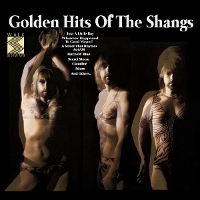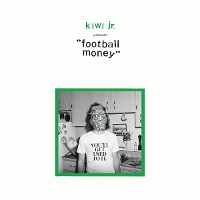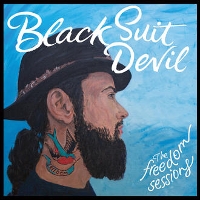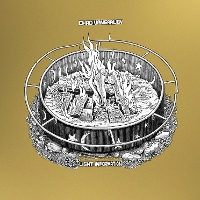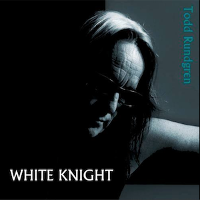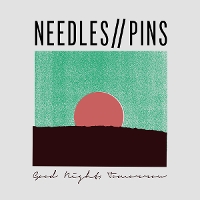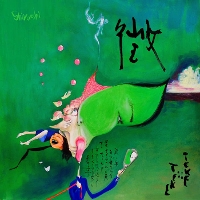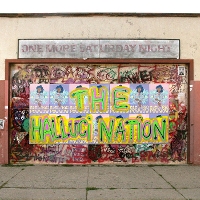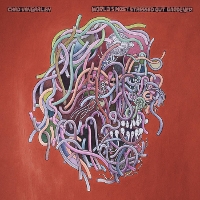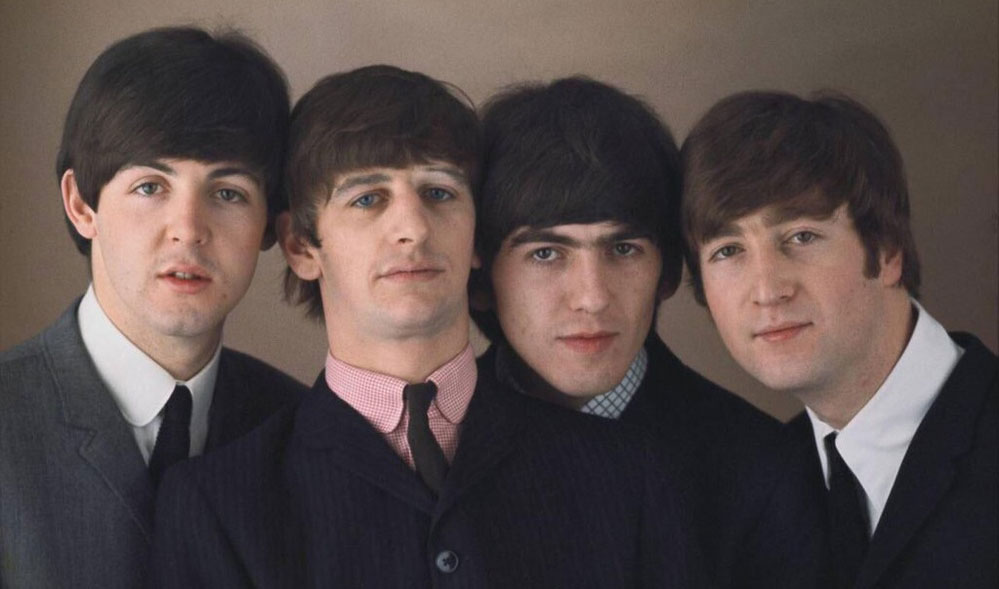
Book Review: Beatleness: How the Beatles and their Fans Remade the World
Author and sociologist Candy Leonard takes a fascinating up-close look at 1960's fandom through the eyes and world of Beatles fans.
The assassination of President John F. Kennedy in November 1963 and the arrival of the Beatles in the United States with their appearance in the Ed Sullivan Show in February 1964 marked a cultural turning at which the 60's as we popularly conceive them began. Although two very different events, one an attack on the leadership of the most powerful country on earth, the other a pop music phenomenon, they work together to show the breadth of the changes to come.
Something totally new was happening; something wonderful. To this day when I see clips I get the same inexplicable feeling. The music, their appearance, the girls screaming.More than a book about the Beatles, Beatleness is a book about the experience of living though that time of change as an American kid, teenager or young adult and brings the reader right into the hearts and minds of fans. Based on hundreds of interviews with Beatles fans, author Candy Leonard has assembled a first-hand view of being a fan during one of the most tumultuous periods of cultural change in recent history. Because the Beatles were so central to the music of the 60's and music so central to the 60's cultural revolution also gives a unique and up-close look at what is was like to grow up during this period.
"I remember a weird feeling of excitement, like something totally new was happening; something wonderful. To this day when I see clips I get the same inexplicable feeling. The music, their appearance, the girls screaming. They looked like they were having a great time " remembers one male fan, just nine at the time, of the Beatles appearance on the Ed Sullivan Show.
A female fan, also nine, remembers, "I was in the bathtub. In those days kids had baths just once a week and ours were on Sunday night, to be followed by Disney if we didn't dawdle. My sister came rushing in and told me to hurry because the Beatles were going to be on Ed Sullivan. I watched with wet hair and had never seen anything like it before." Suddenly, the Beatles were everywhere recalls another fan, "The next day everyone was talking about them at the bus stop...It's all anyone talked about."
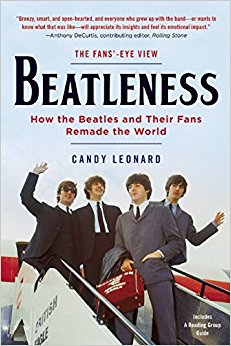
This book isn't really about the Beatles and wouldn't be a good choice for someone wanting an in-depth story of the band or thier music. There are no insider anecdotes, stories from the recording studio or tales of their private lives and struggles or at least none that were weren't publically known at the time. The Beatles, their music and more broadly the 60's are the background story to living through and growing up as a music fan during this period. One of the smart narrative choices Leonard has made that really works is to tell the story of the Beatles and other events of the 60's in a linear fashion without foreshadowing events to come. This works to keep the focus on the fan's experience, as they lived it at the time, and to immerse the reader in that viewpoint. But all the music and the stories and the rumours and the triumphs and controversies are here, not just for the Beatles but for the rest of the great music of the era.
It helps to be familiar with the big hits and important tracks of the time period. There is no accompanying sound track to guide you. But if you know the songs so that your own personal soundtrack is playing in your head traveling down memory lane. In the week that the Beatles double A-side "We Can Work It Out b/w "Day Tripper" was released in 1965, The Byrds "Turn, Turn, Turn" held the number one spot, followed by The Dave Clark Five's "Over and Over" at Christmas and then Simon and Garfunkel's "Sound of Silence" before "We Can Work It Out" took over with a three week run at number one in January 1965. If all those songs played in your head as you read that, you'll enjoy this book.
As the decade wore on and the band matured, competition in the form of the Rolling Stones, Bob Dylan, the Beach Boys and others challenged for fan's affection and regard, as the politics got darker and more complex. And as they got older, fans reaction and relationship with the band got more complicated too. In early 1966, John Lennon's observation that the Beatles were more popular than Jesus inspired a backlash in the conservative Bible belt with radio stations getting in on the act and sponsoring record burnings. But not everybody was upset."Some of my girlfriends didn't like it, but what he said was true. Would you stand in line for two days to take Communion. Of course not, but you'd stand in line for three days to see them," remembers a female fan."
As the tumult of the 60's changed society, the band changed with it. The innocence of their early image gave way to something more complex and real Some fans found it hard to take. others found it challenging and exciting. Leonard is a sociologist as well as being a pop culture writer. She offers more than just a musical memory tour, examining the changing social mores and attitudes and how that was reflected in the Beatles music and their public personas and lives. And how that was reflected in the responses and reactions of fans. Fans were, of course, the young people living the changes of the era just like the famous musicians but often with less freedom to find their own way in the face of family and community. Drugs, politics, the war in Vietnam, the women's movement, the sexual revolution; all played out in the popular culture in which both the Beatles and fans played their part. "I had a dear friend who smoked pot, loved the Grateful Dead, wore Eastern dresses, and knew nothing about politics. I was political, countercultural and I didn't use drugs. But we both liked the Beatles"
And in the end, it couldn't last for the band or the fans. In 1970, Paul McCartney announced the band was breaking up. It had been just seven years since the Beatles had swept into America and changed everything. "I was heartbroken when they broke up," recalled a fan 18 years old at the time. "I was graduating high school and going off to college. I was stsrting a new chapter in my life, and the thing I had to hang on to was gone. I had to grow up, but I continued to carry them inside me. They are just a part of me and always will be."
Candy Leonard’s Beatleness is an interesting and unique take on a period of enormous change in Western culture. Music and artists like the Beatles were at the forefront of those changes but so were so were the music fans and ordinary young people who were the foot soldiers of social and cultural change. By focusing those ordinary young people and their changing relationship to the Fab Four, their music and the times makes for a unique read. Any music fan, of this or any other era will find themselves and their experience reflected in the pages here. The fact that it is fun and filled with music only makes it that much more worth your time.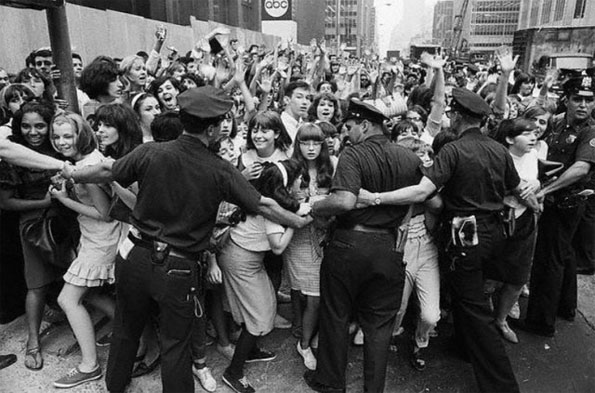
Beatlemania. Beatle fans in action



